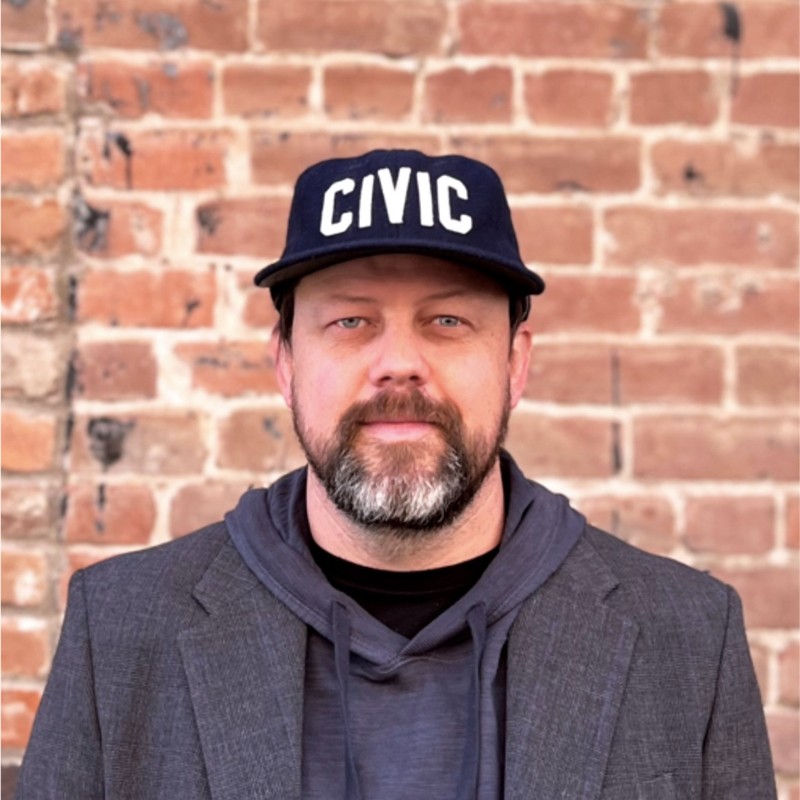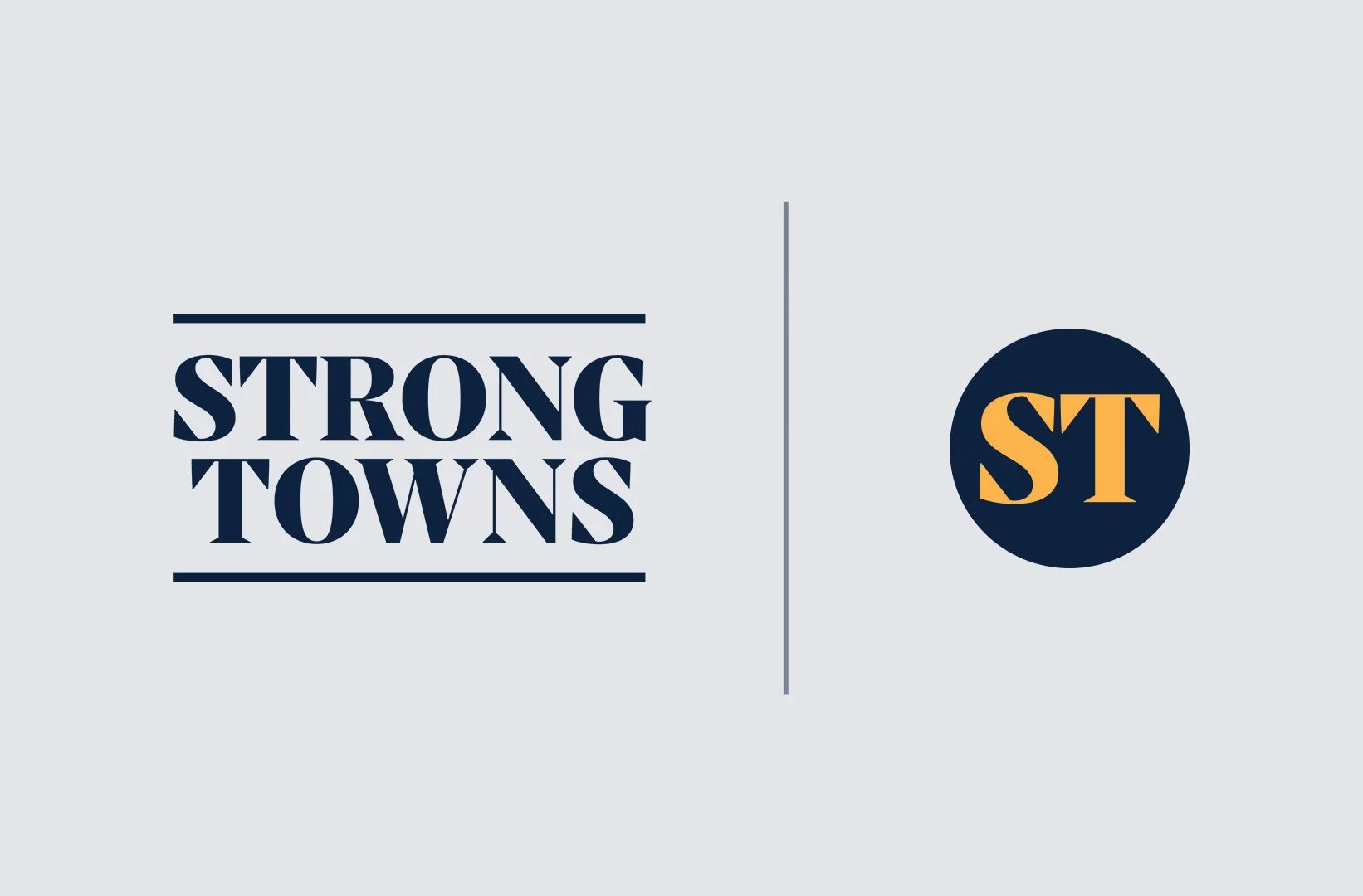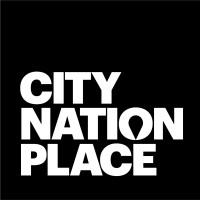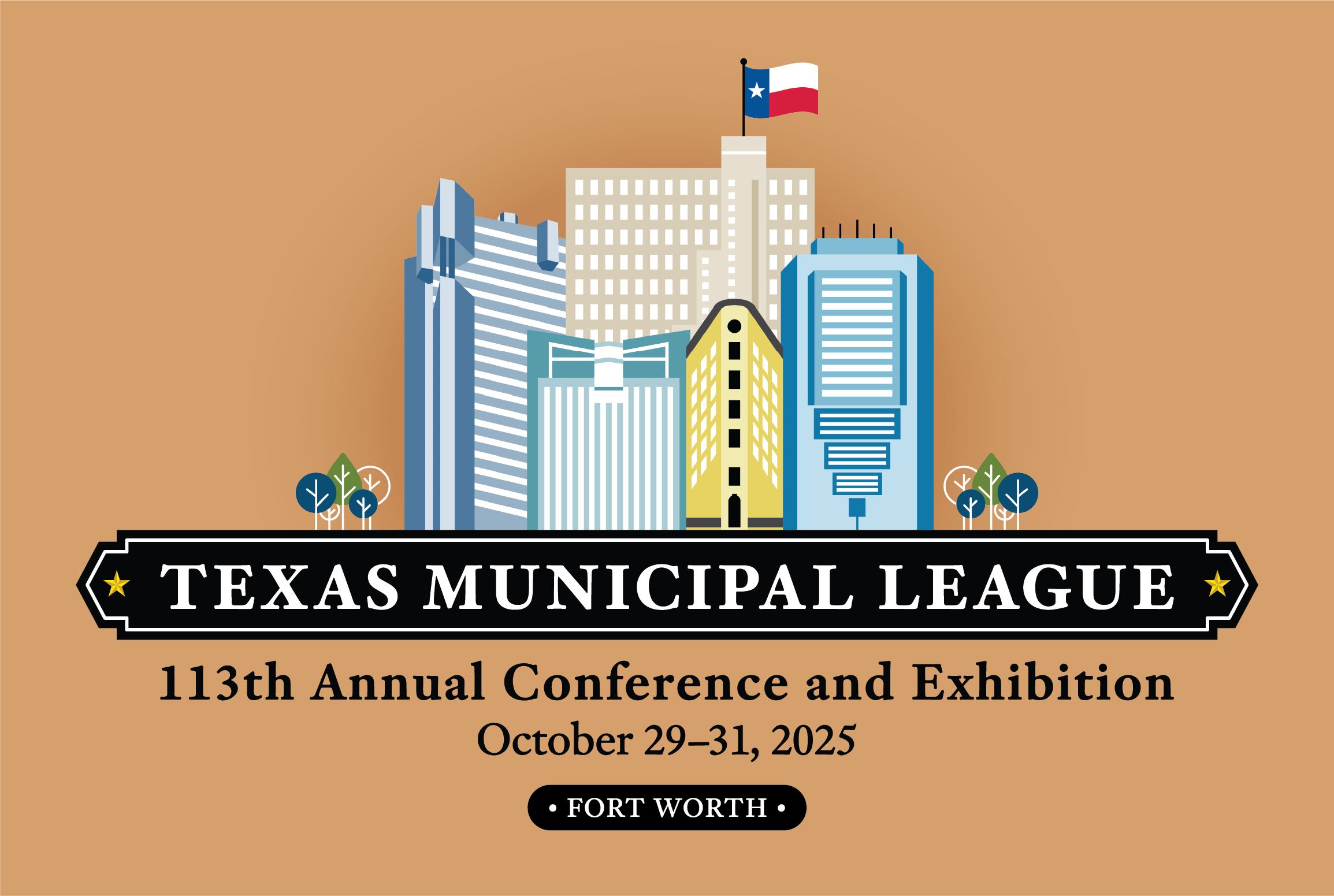Please share the details below and we will be in touch shortly...
Please share the details below and we will be in touch shortly...
Ryan Short is a place-branding strategist and CEO of CivicBrand. His new book The Civic Brand explores how identity shapes cities—moving beyond logos and slogans to unite citizens around a shared vision for the future.





Ryan Short is the CEO of CivicBrand, a firm dedicated to place-branding for U.S. cities and local governments. With 17 years of experience, Ryan guides communities to define their unique identities through shared values, vision, and actionable strategies, transcending traditional logos and slogans.
His upcoming book, The Civic Brand: The Power and Responsibility of Place (September 2025), delves into how branding fosters unity, civic pride, and a sense of belonging, featuring a foreword by Charles Marohn of Strong Towns. He has collaborated with numerous municipalities, helping align branding with policy to create lasting impact.
Ryan’s work empowers places to articulate their essence, strengthening community bonds and driving meaningful change through strategic, values-driven branding.

Ryan Short is the CEO of CivicBrand, a firm dedicated to place-branding for U.S. cities and local governments. With 17 years of experience, Ryan guides communities to define their unique identities through shared values, vision, and actionable strategies, transcending traditional logos and slogans.
His upcoming book, The Civic Brand: The Power and Responsibility of Place (September 2025), delves into how branding fosters unity, civic pride, and a sense of belonging, featuring a foreword by Charles Marohn of Strong Towns. He has collaborated with numerous municipalities, helping align branding with policy to create lasting impact.
Ryan’s work empowers places to articulate their essence, strengthening community bonds and driving meaningful change through strategic, values-driven branding.


Despite many advances in siloed areas, many cities still struggle and the sum of our efforts is not adding up to real improvements. We have certainly gotten way better at doing very specific things that on their own are quite impressive. Yet many communities still suffer from unaffordable housing, gentrification, worsening climate impacts, over tourism, cultural erosion, and countless municipalities are on the brink of a fiscal crisis. Ryan Short argues that the root issue isn’t lack of effort—it’s lack of identity.
Drawing on insights from his work at CivicBrand and his forthcoming book The Civic Brand: The Power & Responsibility of Place, Ryan explores how place branding—when treated as a civic strategy, not just a design or marketing exercise—can become a city’s guiding that unites those efforts and leads to real change. A strong place brand unifies siloed departments, bridges political divides, and gives citizens something to rally behind. On your podcast, Ryan unpacks how branding acts as a city’s “North Star,” aligning policy, planning, and public engagement with a shared sense of purpose. This isn’t about logos—it’s about creating cities people believe in.
For too long, place branding has been dismissed as superficial: a logo, a tagline, a tourism campaign. Ryan Short is here to challenge that notion. He makes the case that branding is actually a high-stakes civic tool that influences zoning decisions, economic development, and how communities navigate growth. From small towns like Salida, Colorado to larger urban centers, Ryan shares case studies where intentional branding efforts have protected local identity and values amidst rapid change.
On your show, Ryan explains how branding can anchor city decision-making in shared culture and context—especially critical at a time when local politics are becoming more divided and high-pressure. This conversation reframes branding as a tool not just for perception, but for policy.
Many cities spend months crafting a new brand—only to see it ignored, rejected, or quietly shelved. Why? Because the process left out the people it was supposed to represent. In this episode, Ryan Short shares why public engagement isn’t just a box to check in place branding—it’s the engine that makes it work.
He reveals a participatory framework cities can use to co-create their brand with residents, resulting in outcomes that are authentic, enduring, and deeply rooted in community voice. Ryan discusses how branding can become an inclusive process that strengthens trust and civic pride, rather than a top-down marketing effort. With practical strategies and real-world examples, this conversation offers a roadmap for turning city branding into community-building.
City branding has historically focused on tourists and outside investment —glossy campaigns, catchy slogans, and economic development pitch decks. But in today’s climate, that approach falls short. Ryan Short argues that the future of place branding must prioritize residents—not just visitors. On your podcast, he shares how cities can shift from outward-facing promotion to inward-facing purpose.
This resident-first branding approach fosters long-term engagement, builds civic trust, and helps communities weather change with a stronger collective identity. With insights from both major metros and rural towns, Ryan reveals how aligning a brand with local values and through a triple bottom line framework can lead to smarter decisions, stronger neighborhoods, and more resilient cities. It’s time to think beyond tourism—and brand for belonging.

If there is a specific topic you would like Ryan to focus on during the interview that is not listed here, please do let us know.
We would be more than happy to run this by Ryan to see if he was able to talk in detail and deliver value to your audience.